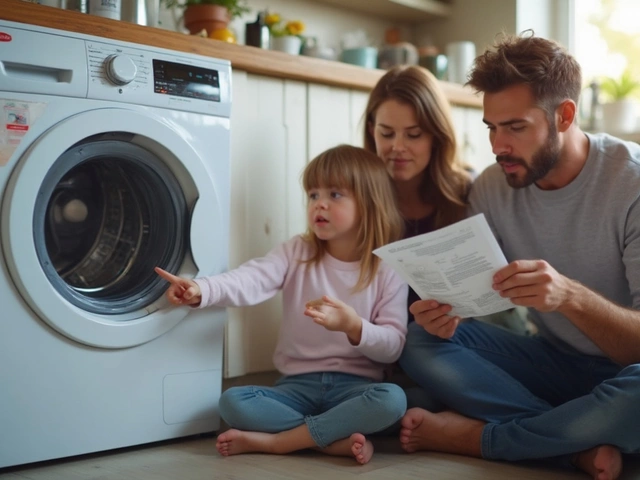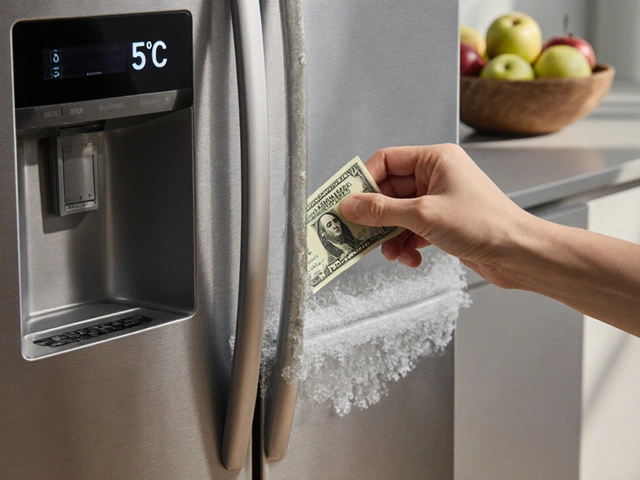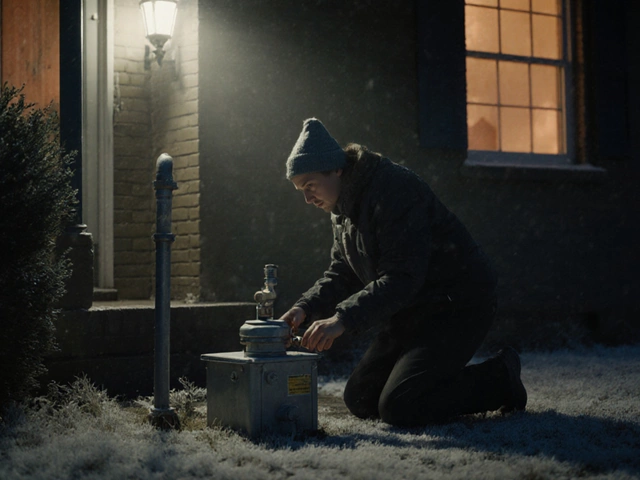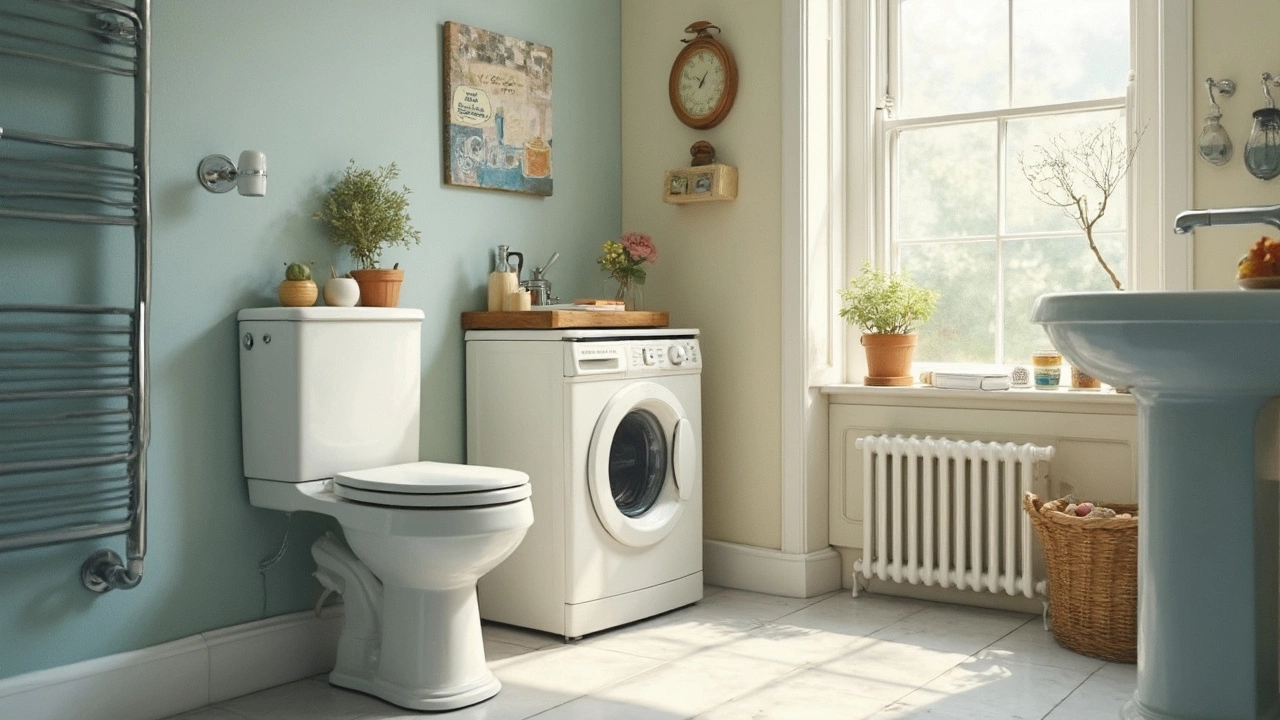Appliance Repair Tips and Guides
Home appliances break down at the worst possible moment – right when you need them most. The good news is many problems have easy fixes you can try before you pick up the phone. Below you’ll find straight‑forward advice for the most common appliances, plus clear signs it’s time to call a professional.
Common Issues and Simple Fixes
Fridge not cooling? First, check the door seals for cracks or dirt. A dirty seal lets warm air in and makes the compressor work harder. Clean the gasket with warm, soapy water and close the door firmly. Next, make sure the condenser coils at the back are free of dust – a vacuum brush does the trick. If the fridge still runs warm after these steps, the thermostat or compressor may be faulty, and you’ll need a technician.
Dishwasher leaving water at the bottom? Pull out the filter and clean any food debris. A blocked filter is the most common cause of standing water. While you’re at it, inspect the drain hose for kinks or clogs. Running a short wash cycle with a cup of white vinegar can clear mineral buildup. If the problem persists, the pump might be jammed and will require professional attention.
Washing machine won’t spin? Look for an unbalanced load – too many heavy items on one side can stop the spin cycle. Redistribute the laundry and try again. If the machine still stays still, the lid switch (for top‑loaders) or door lock (for front‑loaders) might be malfunctioning. These parts are inexpensive, but swapping them out safely is best left to an expert.
Oven not heating? Begin by checking the heating element for visible cracks or broken connections. A quick visual check can save a call to the repair shop. If the element looks fine, test the oven thermostat with a multimeter – you’ll need basic electrical knowledge for this. When in doubt, call a qualified repair person; working with electricity can be hazardous.
Extractor fan humming but not moving air? The fan blades might be jammed with grease or dust. Turn off the power, remove the cover and give the blades a good clean. If the motor still hums without airflow, the motor bearings could be worn out, which usually means replacement.
When to Call a Professional
Some issues simply aren’t worth the DIY risk. If you smell gas, see smoke, or notice any sparks, shut the appliance off immediately and call a licensed technician. Electrical faults, refrigerant leaks in refrigerators, or major component failures (like a broken compressor) require specialist tools and certification.
Another red flag is repeated breakdowns. If you’ve fixed the same problem three times in a year, the appliance may be nearing the end of its life. In such cases, budgeting for a replacement can be smarter than pouring money into endless repairs.
Lastly, consider the age of the appliance. Older models often lack the spare parts needed for cost‑effective fixes. A quick call to a local repair service can confirm whether parts are still available or if a new, more efficient model would save you money in the long run.
Keeping a regular maintenance schedule makes a huge difference. Clean filters, wipe down seals, and run a monthly empty‑cycle on your washing machine to prevent mold. A little upkeep now avoids pricey visits later.
At Rugby Appliance Repair Services we understand how frustrating a broken appliance can be. Our technicians are trained to diagnose quickly and fix the right problem the first time. If you’ve tried the quick checks above and still need help, give us a call – we’ll be at your door the same day.
Remember, safety comes first. When you’re unsure, it’s always better to let a professional take over. With the right mix of DIY fixes and expert help, you can keep your home running smoothly without breaking the bank.






